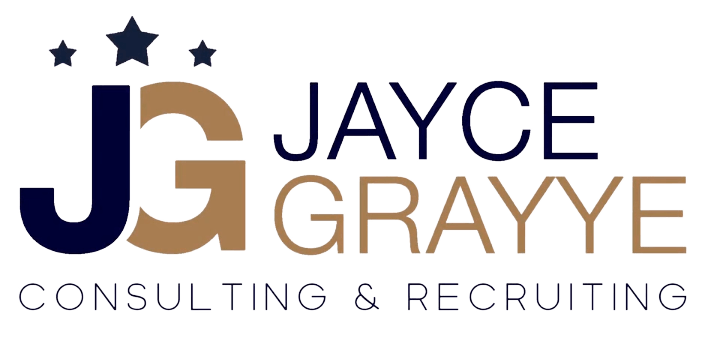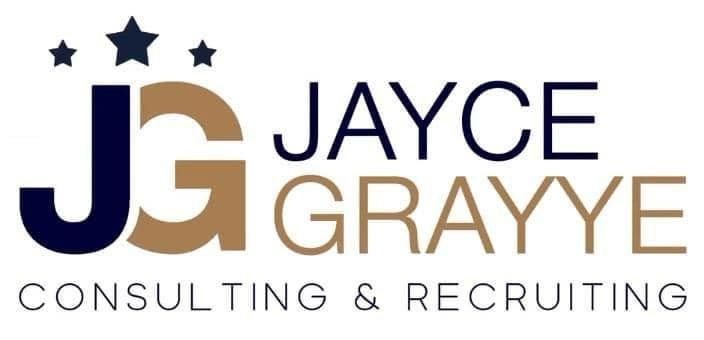
Hiring commission-only sales reps has become a smart move for many companies. It's a way to boost your revenue without locking yourself into really high fixed salary costs.
But here's the issue: hiring the right talent is just the first step.
You need to know how to track and measure their success. To keep track of this, you need measurable and actionable metrics. Therefore, here are the key metrics that hiring managers, business owners, and sales reps should focus on when striving for success.
Why Measuring Success is Crucial

Measuring success goes beyond merely evaluating if sales targets are met. It delves into understanding the team's dynamics, strengths, weaknesses, and potential.
These measurements enable you to refine your team's skills, fostering both individual and collective growth. Monitoring and analyzing the right metrics gives you a holistic view of your business's trajectory. This allows you to recognize patterns, predict trends, and make data-driven decisions.
Furthermore, providing insightful feedback based on these measurements is invaluable. Constructive feedback, backed by clear metrics, ensures that everyone in the team understands their areas of improvement and strengths to leverage. This clarity fosters a culture of continuous learning and builds a cohesive team aligned with the organization's vision.
Regular assessments using the right metrics also serve as motivational tools. When team members see their progress and are recognized for their achievements, it boosts their morale and motivates them to keep improving.
Also, while hitting targets is crucial, the journey towards those targets is equally as important. Measuring success is the compass that ensures every team member is aligned, empowered, and moving in the right direction.
Key Metrics to Measure Success

To gauge the success of commission-only sales reps effectively, you need to consider various metrics that cover different aspects of their performance. Let's break these down:
1. Volume Metrics
Sales volume metrics help you know what your sales reps are doing daily and ensure they are working on the right activities that you know will convert to sales. You need to measure areas like:
- Number of Calls/Visits Made: This metric tells you how proactive your sales reps are. It's like a scorecard for their efforts to reach potential customers.
- Number of Proposals Sent: Sending proposals is a pivotal step in sales. Keeping track of this metric tells you how engaged your sales reps are with prospects and how likely they are to win a deal.
For instance, according to Crunchbase, companies that don't reach out to prospects with cold calling had 42% less growth than those who did. They also state that, on average, it takes eight cold calls to reach a prospect. However, without tracking volume metrics, who would know this?
2. Efficiency Metrics
Sales aren't just about the quantity; it's about the quality of conversions and understanding the time invested. Measuring conversion rate and average time to close provides insights into the effectiveness of your sales reps.
- Conversion Rate (Leads to Sales): This metric measures how efficiently your sales reps turn leads into actual sales. A high conversion rate is like a gold star; it shows that a sales rep is incredibly effective at closing deals.
- Average Time To Close: Time is money, and time spent on closing sales matters. A longer sales cycle may signal a need for process improvements.
For instance, according to Hubspot and Forester, companies that nurture leads make 50% more sales at a cost of 33% less than non-nurtured leads. Alongside this, it's known that there's likely an 80% decrease in the odds of qualifying your lead between 5-minute and 10-minute response times. Once again, if you track these metrics, you can act upon them.
3. Value Metrics
The size and longevity of deals can define a sales rep's contribution to your company's growth. Looking at the average deal size and the lifetime value of a customer is crucial in evaluating the value your sales reps bring.
- Average Deal Size: Knowing your average deal size helps determine how many leads you need to fill your pipeline and whether each sales rep can land those big deals. Measuring per rep is also a great indicator of who's contributing the most on average and where time is best spent.
- Lifetime Value of a Customer: This metric looks at the long-term picture. Sales reps who consistently bring in customers with a high lifetime value are a treasure.
Again, let's take a look at another example. According to Harvard Business Review, boosting customer retention rates by as little as 5% increases profits by 25 to 95 percent. If you were to track this in your company, you could then focus on increasing your retention rates for more profit.
4. Customer-Centric Metrics
Happy customers are the most loyal and valuable to your business. Tracking customer satisfaction scores and repeat business or referral rates is closely tied to your reps' relationships with their customers.
- Customer Satisfaction Scores: Happy customers are likelier to repeat purchases and refer your business to others. Keep an eye on customer satisfaction scores to ensure your sales reps deliver quality service.
- Repeat Business or Referral Rate: Encouraging repeat business or referrals is a strong sign of a sales rep's success in maintaining customer relationships.
If you were to collect this data, like InMoment, who mentions that 60% of loyal customers will purchase more frequently from their preferred companies. You're able to focus on customer loyalty to drive profits.
5. Longevity and Retention Metrics
Sales team stability and client retention are vital for sustained success. Measuring the tenure of sales reps within your company and the churn rate of clients acquired gives you a picture of the long-term health of your sales operations.
- Tenure of the Sales Rep in the Company: A sales rep's longevity with your company can tell you a lot. Longer tenures usually signify satisfaction, while high turnover may indicate problems within your sales team.
- Churn Rate of Clients Acquired: If clients acquired by a sales rep are churning at a high rate, it's essential to address the issue promptly.
And very much like the other metrics we've explained above. Once you have a system in place allowing you to collect data, you can use it to your advantage to build, optimize, and scale them.
Regularly Reviewing and Updating Metrics
Knowing the metrics you should oversee is essential. However, never forget to review or update them regularly because:
- Relevance: The business landscape changes continuously. Regularly updating metrics ensures you're assessing performance based on current industry standards and not outdated ones.
- Efficiency: As your business evolves, so do its processes. By reviewing metrics, you can ensure that they still align with your objectives and aren't causing unnecessary bottlenecks or redundancies.
- Accuracy: Over time, the initial metrics you set might no longer accurately represent your business's health. Refreshing them ensures you're making decisions based on accurate data.
- Competitive Edge: Metrics that reflect the current state of affairs allow your business to adapt faster to industry changes, giving you a leg up on competitors who might be relying on outdated measures.
In essence, setting metrics is just the starting point. Regularly reviewing and updating them is what ensures they remain a valuable tool for your business's growth and success.
Need Help?
When you assess the performance of your commission-only sales reps, you're delving into your business's financial well-being. Therefore, concentrating on the right metrics allows you to make informed decisions to train your sales team and boost revenue.
Should the task of tracking these metrics appear overwhelming, rest assured.
If you seek consultation on how to track your commission-only sales reps effectively, Jayce Grayye Recruiting and Consulting is here for you. We offer expert insights and support to help you establish a top-tier sales force. Contact us today to see how we can help.






